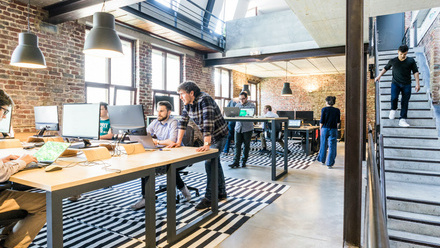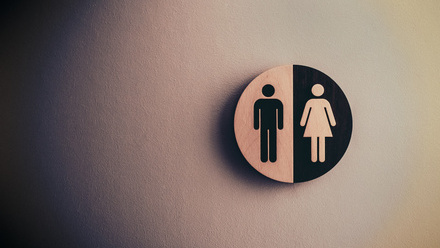Mentoring – inspiring inclusion
As the International Women's Day website states:
When we inspire others to understand and value women's inclusion, we forge a better world. And when women themselves are inspired to be included, there's a sense of belonging, relevance and empowerment.
The first International Women's Day was held in 1911 when more than one million women and men attended IWD rallies campaigning for women's rights to work, vote, be trained, to hold public office and end discrimination. In the UK it took until 1928 for women to receive the vote on the same terms as men. 96 years later there are more women in the boardroom, there is greater equality in legislative rights, and there is an increased critical mass of women's visibility as role models in every aspect of life.
One could think that women have gained true equality. However, on the global stage women's education, health and the violence against them is worse than that of men. Even in the UK, statistics show that women are still not paid equally to that of their male counterparts and women are still not present in equal numbers in business, politics or construction. Although female representation at board level across FTSE 100 companies has risen – 40% of positions are now held by women, compared with just 12.5% ten years ago – women are still the exception rather than the rule in executive roles.
So, how can mentoring reduce gender bias and discrimination? Firstly, by women stepping forward to be mentors and mentees.
A female mentor can encourage a female mentee to develop their self-belief and confidence and can provide support and guidance having already walked the path to which the mentee aspires. At the same time, whilst it is expected that the mentee will learn from the mentor, the power of mentoring is that the mentor will also naturally learn from the mentee. So regardless of whether the mentor is a man or woman, having a mentee of the other gender will inspire inclusion through dispelling biases and stereotypes and eliminiating inaccurate and persistent perceptions of women.
Inaccurate and persistent perceptions of women are not just held by some men, but also by some women who hold self-limiting beliefs. These women may believe that they are not as capable or driven as their men counterparts. Mentoring can help squash such self-limiting beliefs and can guide individuals to break through their own self-built glass ceilings.
Whilst we celebrate International Women's Day by encouraging women to step forward as mentors and mentees – and indeed both, mentoring has great benefits for all, regardless of gender. Mentoring helps to guide and support a mentee looking to develop their skills, knowledge, experience and career. It also helps both the mentor and mentee to recognise and understand someone else's perspective, beliefs and their personal journey. As a result, mentoring helps to bridge differences and to inspire inclusion.
You can become a mentor or mentee by joining CIAT's online mentoring scheme, Mentor Match Me. As a mentor, you could have particular skills and/or experience which could be invaluable to the next generation of AT professionals. As a mentee, gain additional knowledge and insight on the processes to qualify as a Chartered Architectural Technologist, learn how to set up your own CIAT Chartered Practice from experienced practitioners or how to develop a professional network within CIAT, amongst other benefits.
If you have any questions about the platform, please contact [email protected]






